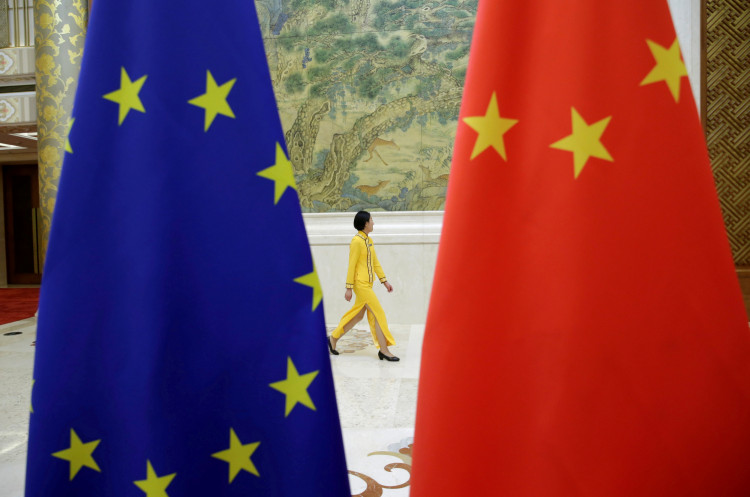The European Union (EU) announced a reduction in planned tariffs on electric vehicles imported from China. The decision, which has far-reaching implications for both European and Chinese automakers, comes as the EU continues its investigation into what it describes as "unfair" subsidies provided by Beijing to its EV manufacturers.
The European Commission, the EU's executive body, revealed on Tuesday that it would impose a 9% tariff on Tesla vehicles manufactured in China and exported to Europe. This is a substantial reduction from the previously anticipated rate of 20.8%, marking a significant shift in the EU's stance following technical discussions with the involved companies. The new tariff is expected to come into effect by the end of October, pending approval from EU member states.
The decision to lower Tesla's tariff came after the company, headquartered in California, requested individual consideration as part of the broader EU investigation. This investigation has focused on the subsidies that Chinese EV manufacturers receive, including below-cost batteries, cheap land, and grants for exporters. Tesla's Shanghai operations were scrutinized during an EU officials' visit in June, where it was determined that the company did benefit from these subsidies, though not to the same extent as its Chinese rivals.
The European Commission's draft decision also adjusted tariffs for other Chinese EV manufacturers. BYD, backed by Warren Buffett and a key competitor to Tesla, saw its tariff reduced slightly from 17.4% to 17%. Geely, another major player in the Chinese EV market, will now face a 19.3% tariff, down from 19.9%. Meanwhile, SAIC, one of China's largest automakers, will be subject to a 36.3% tariff, reduced from 37.6%. These adjustments reflect the EU's nuanced approach to balancing trade fairness with the economic realities of its automotive industry.
The broader context of this decision lies in the EU's ongoing concerns about the impact of Chinese EVs on its domestic market. European carmakers have been under pressure from the rapid growth of Chinese EV exports, which the EU claims are heavily subsidized, giving them an unfair advantage in the global market. The EU's investigation into these subsidies has been closely watched, with the potential for significant repercussions on international trade relations.
The EU's move to impose these adjusted tariffs follows an earlier statement from June, where it had proposed higher duties on Chinese EV imports due to the "threat of economic injury" they posed to European producers. The Commission noted that while no immediate harm, such as factory closures or job losses, had occurred, there was a clear threat that, if left unchecked, could lead to "material injury" for EU manufacturers. This preemptive action highlights the EU's intention to protect its automotive sector before significant damage occurs.
Tesla, which has rapidly expanded its production capabilities in China, is seen as a pivotal player in this trade dynamic. The company's Shanghai Gigafactory has become a critical hub for its global operations, producing vehicles not just for the Chinese market but for export to Europe and beyond. The reduced tariff rate on Tesla's Chinese-made vehicles could bolster its competitive position in Europe, where it has been facing increasing competition from both domestic and other international EV makers.





